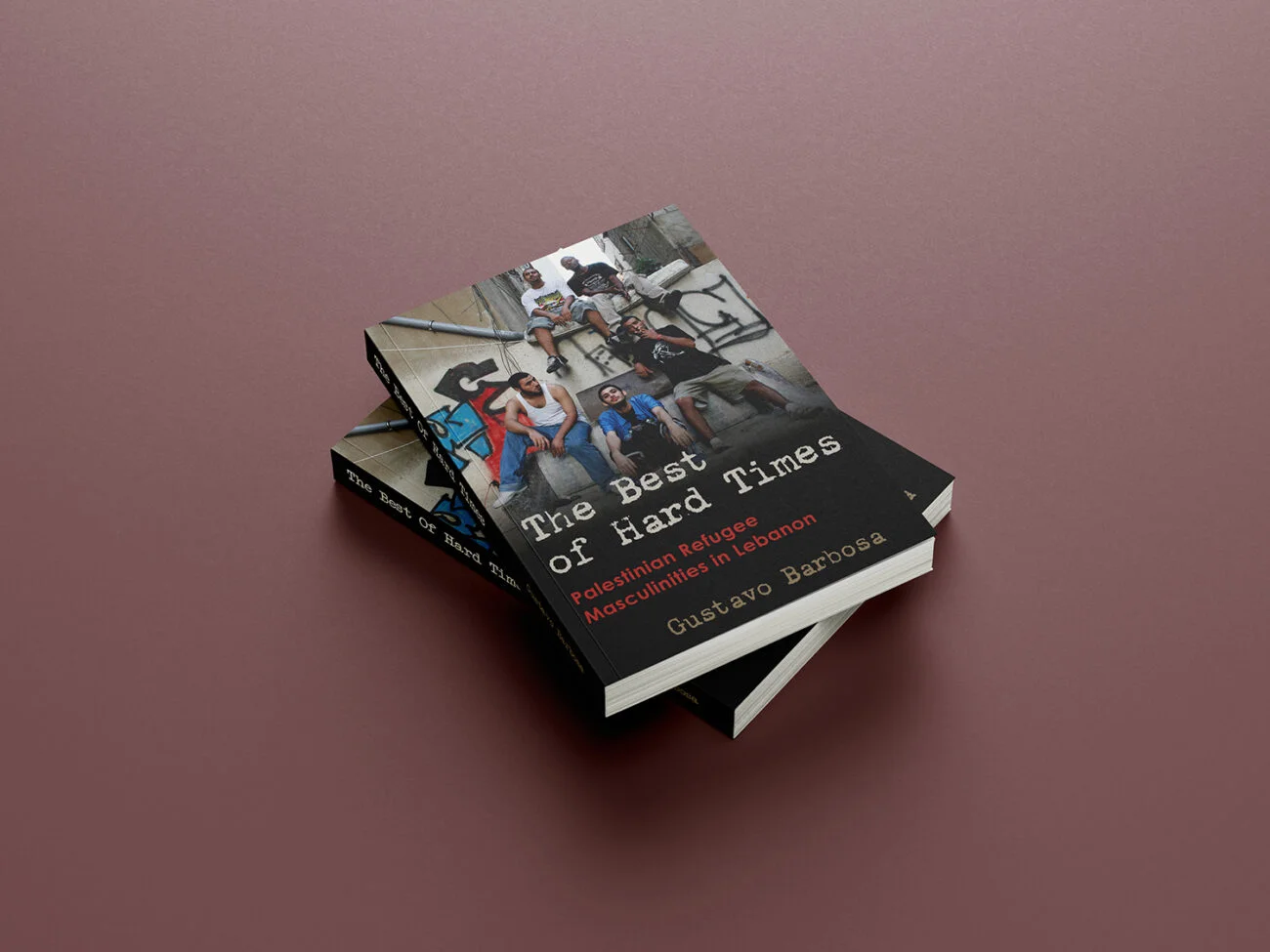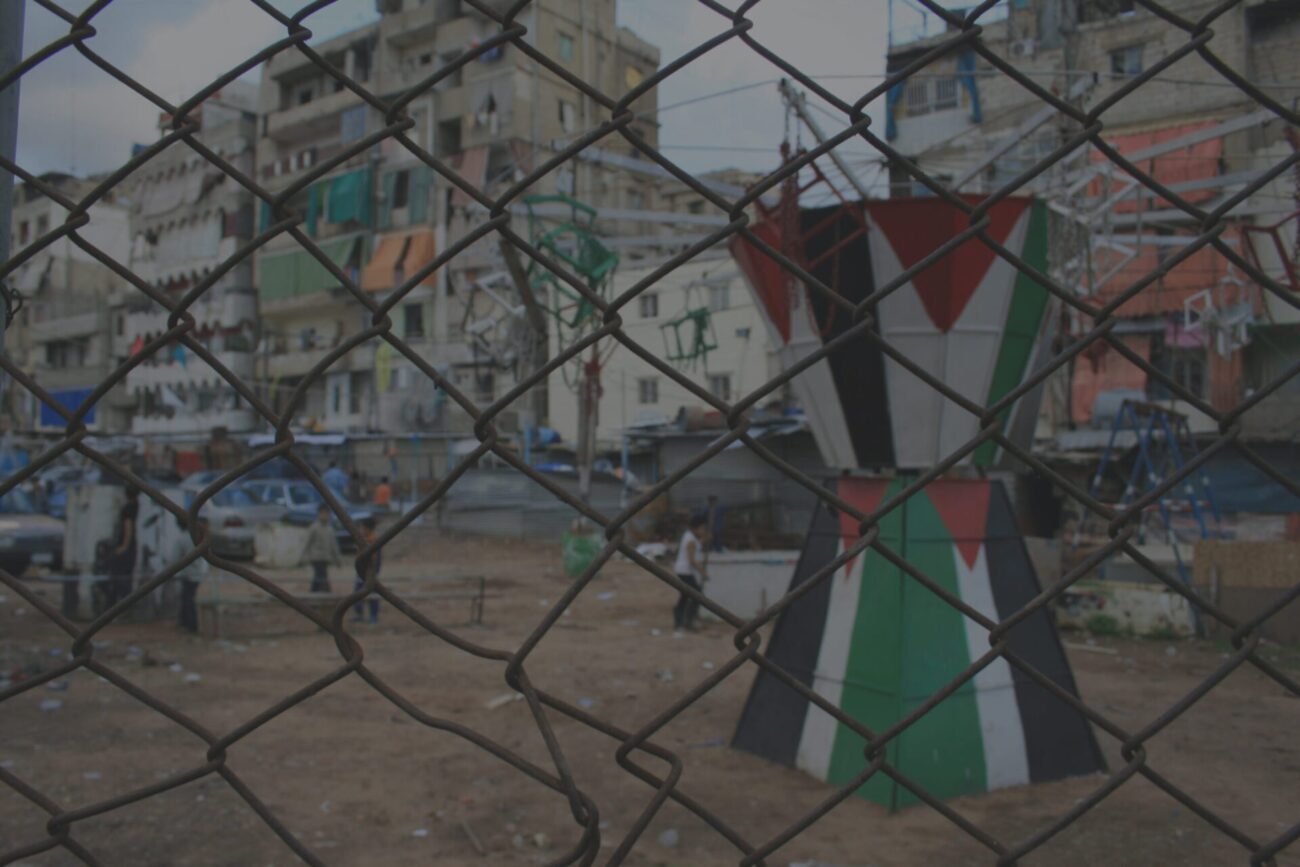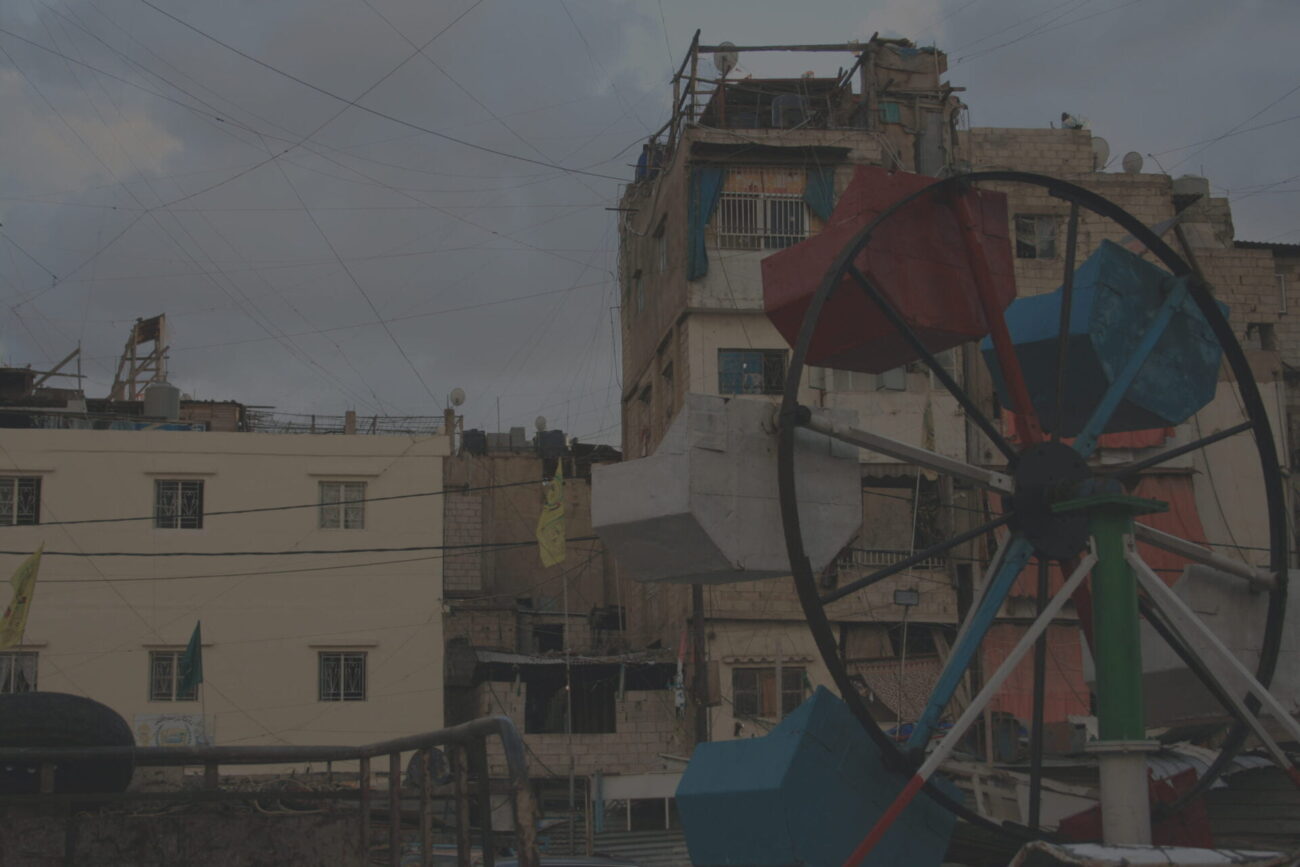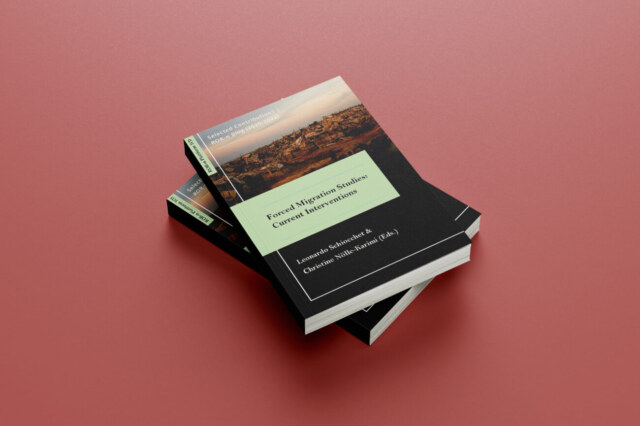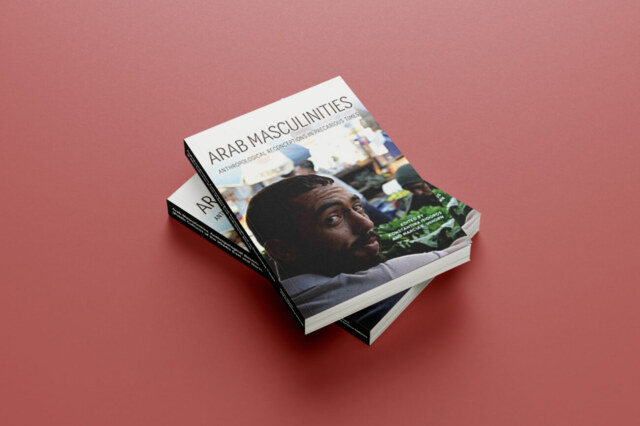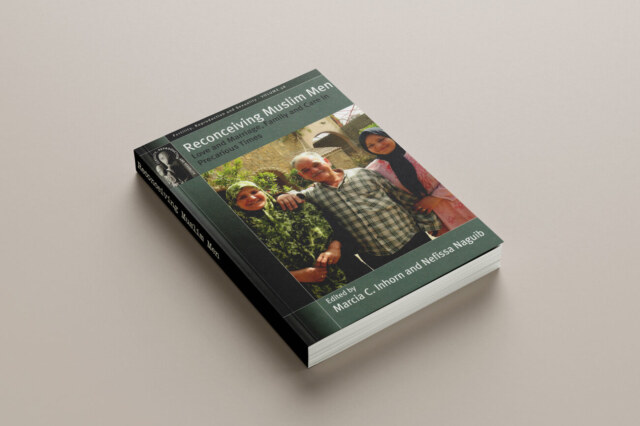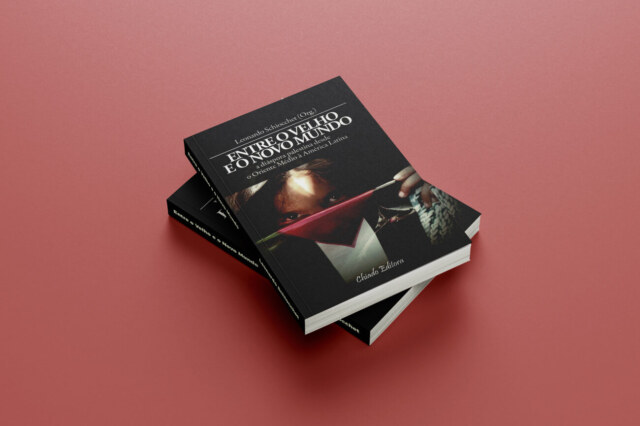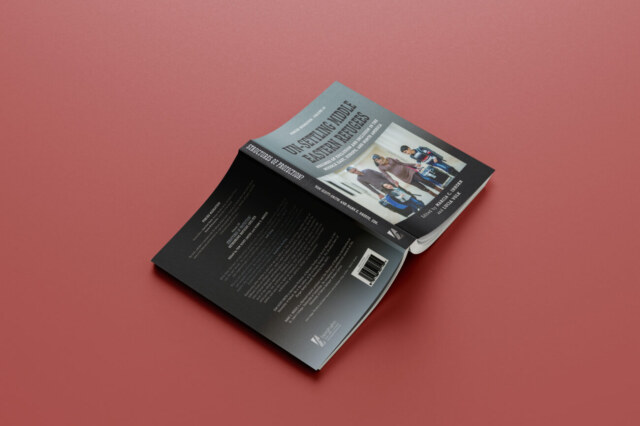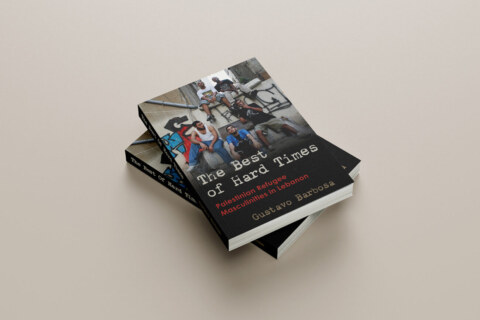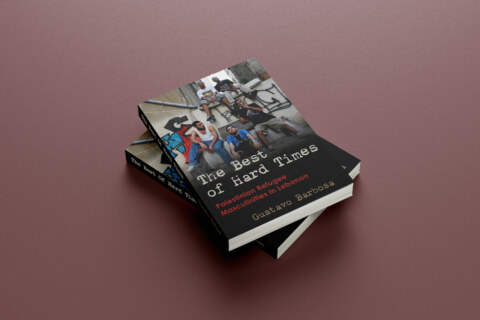Revisiting Gender in the Middle East: Women´s, Men´s and Queers´ Subjectivities (in Portuguese) proposes to revisit the way “gender” is traditionally portrayed in the region, either by some academics or by the press, with the obsession with frozen binarisms – public/ private, male/female, political/domestic sphere – and the controversies surrounding the use of the veil.

Dr. Gustavo Barbosa
I’m a Brazilian anthropologist and journalist, with MScs in Anthropology from Museu Nacional/Universidade Federal do Rio de Janeiro and The London School of Economics and Political Science, and a PhD, also in Anthropology, from the London School of Economics and Political Science. Currently, I’m an Associate Researcher at the Center for Middle Eastern Studies at Universidade Federal Fluminense (NEOM/UFF), in Niterói, Rio de Janeiro, Brazil.

Academic Interest & Commitment
My academic interest and commitment lie with those who are left out by academic and theoretical discourses and frameworks, national and international policies of various kinds and modes of production and reproduction.
Beginnings
My first lengthy academic engagement, which resulted in my MSc dissertation The Sociality against the State, engaged with Pierre Clastres, an ethnographer considered as “minor” by some. In reality, and as suggested by Deleuze, “minor” and “major” do not designate intrinsic characteristics of authors, but rather “operations” or “surgeries” to which their texts are subjected. Such “operations” can unleash unexplored potentialities in their works, and this is precisely what I discovered in Clastres’s case. By extracting the much-criticized concept of “society” from his books and articles, I came across, rather unexpectedly, with the idea of “sociality,” very much in line with what a later anthropology would also come up with.
The Best of Hard Times
In the case of my PhD thesis – which served as the basis for my monograph, The Best of Hard Times – Palestinian Refugee Masculinities in Lebanon, in press by Syracuse (2021) –, I was challenged by the presence, in the Shatila Palestinian Refugee Camp, in the southern outskirts of Beirut, Lebanon, with men, like the shabab or lads from the camp, with very limited economic and political-military power. The shabab find no comfortable place in nationalistic discourses or hegemonic masculinity and patriarchy frameworks, which normally require men to be in positions of power. The specialized literature and media coverage tend to present men like the Shatila shabab as in crisis, precisely for not being able to fulfill the demands of a misogynist and atavistic hegemonic masculinity. But, in fact, they are not and, thus, I was prompted to promote another crisis, of an epistemological nature: the crisis of gender as a discourse on power.
Revisiting Gender in the Middle East
Together with Antoine Badaoui and Gisele Chagas, I edited a book in Portuguese called Revisitando “gênero” no Oriente Médio : subjetividades de mulheres, homens e queers (Revisiting “gender” in the Middle East: women’s, men’s and queers’ subjectivities). The book aims to revisit the way “gender” is traditionally portrayed in the region, either by some academics or the press, with the obsession with frozen binarisms – public/private; man/woman; political/domestic – and the polemics around the hijab. Bringing together recent articles written in accessible language by Brazilian and foreign anthropologists, sociologists, and historians (including many from the Middle East), the volume wants to meet the demand for more in-depth literature about the region, beyond media depictions that, with some frequency, only repeat stereotypes. In this way, the work fills a blatant gap in the literature on the subject available in Portuguese and is intended for undergraduate students, journalists, activists, NGO professionals, and others who want to know more about the subject.
Current Research
I am starting to revisit an old project, a discussion on how hope does (or does not translate) into several domains – politics, religion, life trajectories and medical care – both in Brazil and the Middle East. My objective is to edit another collection on that. Precisely because I deal, on my research, with people who are normally left out, I am interested on registering how they and myself grapple with hope.

The Best of Hard Times - Palestinian Refugee Masculinities in Lebanon
Challenging a traditional definition of masculinity,
The Best of Hard Times – Palestinian Refugee Masculinities in Lebanon explores two generations of Palestinian refugees in Lebanon.
info@gustavo-barbosa.com

